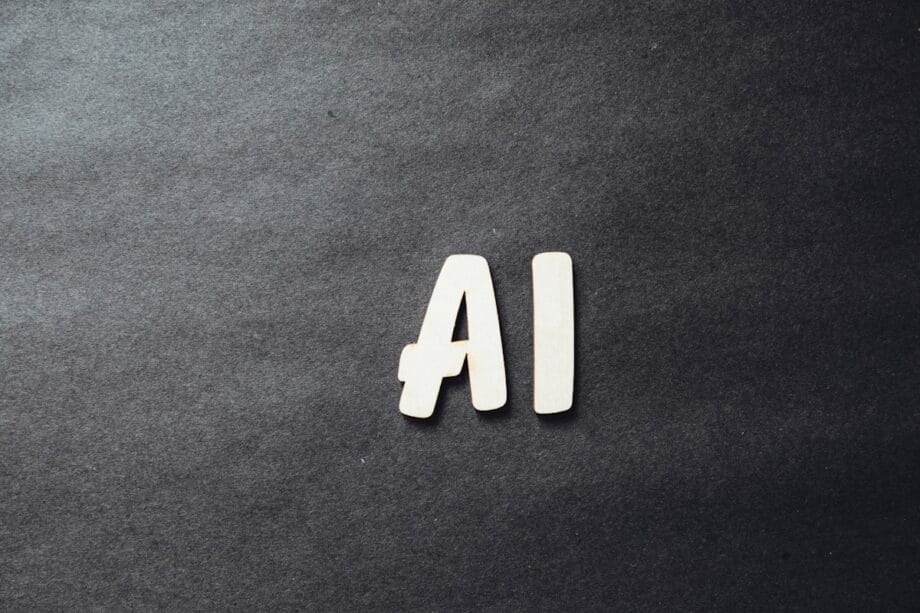AI Takes Center Stage in American Education
Across the United States, educators find themselves entering a transformative phase where artificial intelligence (AI) is not merely an ancillary tool but a pivotal component of instructional methodologies.
In order to maintain their pedagogical efficacy, teachers are increasingly gravitating towards technologies adept at automating grading processes, generating lesson frameworks, and personalizing educational material for students.
The paramount issue has shifted from whether AI will find its place within educational environments to how educators will effectively manage its integration.
For the nation’s four million teachers, the pressing challenge is conspicuous: incorporate AI technology without compromising instructional autonomy.
Educators’ unions are taking an unprecedented initiative by forging partnerships with technology firms to cultivate AI training programs, ensuring that oversight remains firmly in the hands of professionals.
Collaborative Endeavors Between Educators and Technology Firms
The American Federation of Teachers (AFT) has initiated strategic collaborations with industry giants such as Microsoft, OpenAI, and Anthropic, securing tens of millions of dollars earmarked for AI educational training.
Microsoft has pledged $12.5 million to be distributed over five years, alongside OpenAI’s commitment of $8 million, which includes technical resources, and Anthropic’s $500,000 contribution, as reported by the Associated Press.
These funds are being utilized to establish a central AI training hub in New York City, with aspirations to expand this model nationwide, targeting the training of 400,000 teachers over the next five years.
Concurrently, the National Education Association (NEA), the largest teachers’ union in the country, has rolled out a similar initiative in collaboration with Microsoft, aiming to create online micro-credential programs for 10,000 educators in the current academic year.
In both instances, union oversight ensures that the design of curricula, intellectual property rights, and ethical considerations remain under the purview of educators rather than commercial entities.
Federal policy has lent support to these initiatives, as evidenced by the Trump administration’s AI Education Task Force, which advocated for private-sector investment in K-12 education to bolster AI literacy.
This encouragement has prompted the participation of over 100 companies, with Microsoft and Google, among others, committing significant resources to AI education, including complimentary access to AI platforms for both students and faculty.
The Practical Application of AI in Educational Settings
Workshops conducted nationwide are now equipping educators with the knowledge to leverage AI for transformative teaching practices.
Current tools facilitate tasks such as automatic lesson planning, multiculturally responsive text translation, and the development of personalized instructional materials that cater to varied reading abilities.
Teachers are capable of rapidly producing digital storybooks, interactive tasks, and visual learning aids, streamlining their workload while simultaneously enhancing student engagement.
Research indicates a swift uptick in AI adoption within educational settings; however, available training remains sporadic, as noted by the Center on Reinventing Public Education in 2025.
Accordingly, structured programs developed by AFT and NEA are designed to bridge this training gap, placing a significant emphasis on ethical utilization and ensuring that teachers maintain authoritative control over classroom implementations.
Challenges and Considerations in AI Implementation
While the prospects of AI appear promising, they also give rise to complex inquiries. Educators must thoroughly consider implications for critical thinking, student engagement, and equitable access to technological resources.
Collaborations with corporate entities provide essential tools and funding, yet they may also introduce potential conflicts of interest. It is imperative that the focus of training programs prioritizes educational efficacy over corporate agendas.
For learners, AI possesses the capacity to deliver a tailored educational experience and improve accessibility. For educators, proficiency in AI technology may soon become instrumental in maintaining career relevancy.
Conversely, for technology firms, schools represent not just a market but an opportunity to shape the next generation of both users and professionals.
Preparing for an AI-Enhanced Future

The forthcoming trajectory is unmistakable: AI will permeate educational institutions on a substantial scale. Teachers who embrace technological advancements can offer more individualized instruction while alleviating administrative burdens, whereas those who resist may find themselves at a distinct disadvantage.
The ensuing years will critically determine whether AI is employed as a tool to enhance human teaching or becomes a determinant in dictating pedagogical approaches.
The fundamental inquiry within American education transcends the mere existence of AI; it revolves around how human educators, unions, policymakers, and corporations will collaboratively ensure that AI fortifies the learning experience without undermining professional integrity or student outcomes.
Source link: Timesofindia.indiatimes.com.






